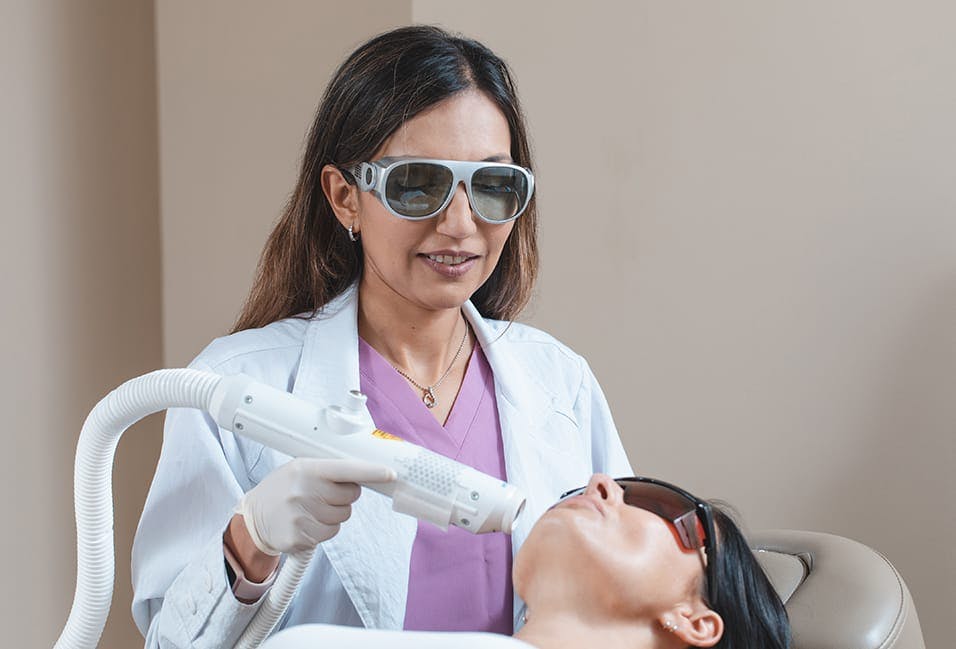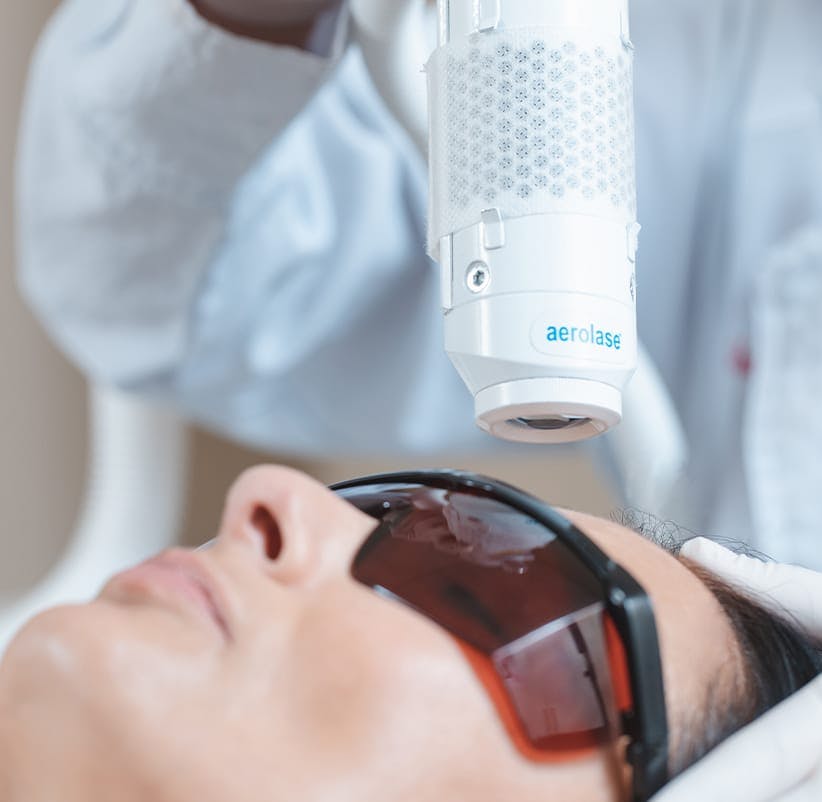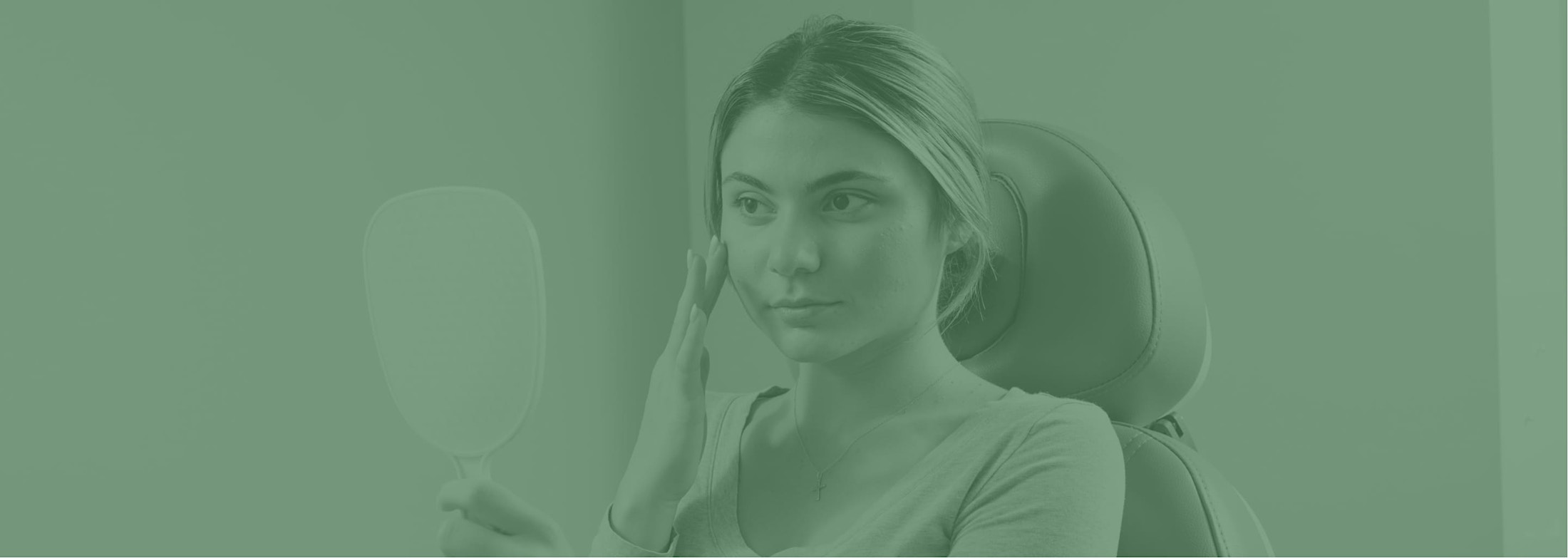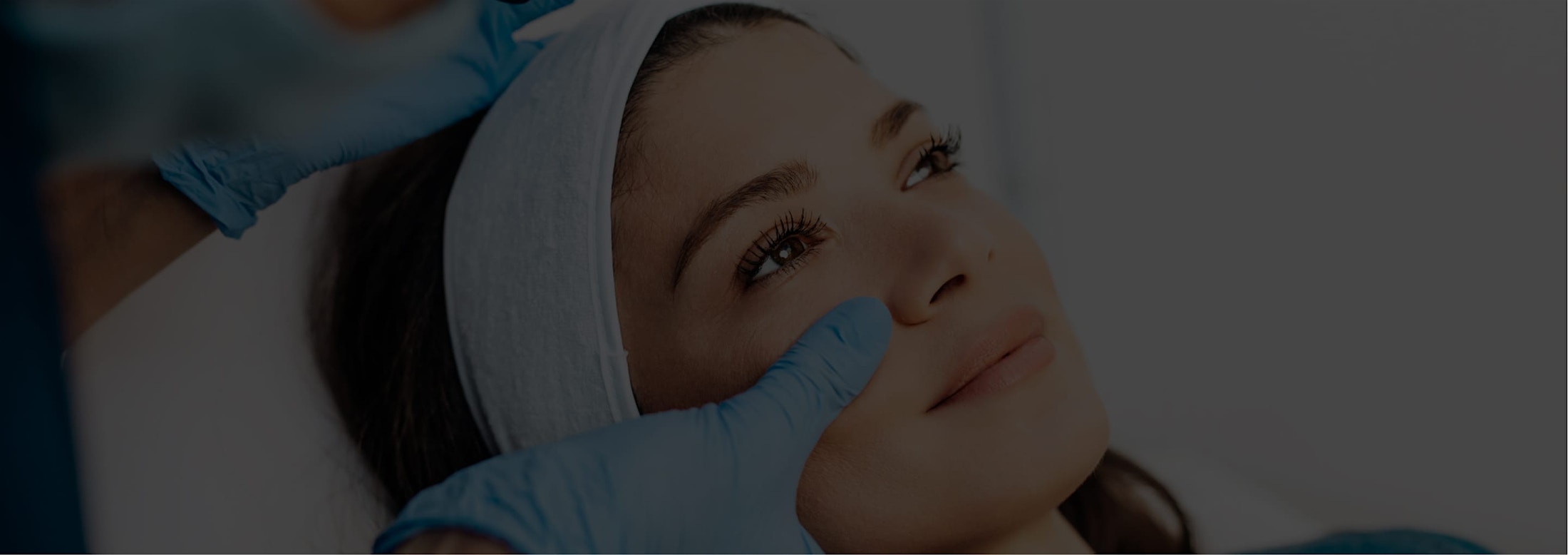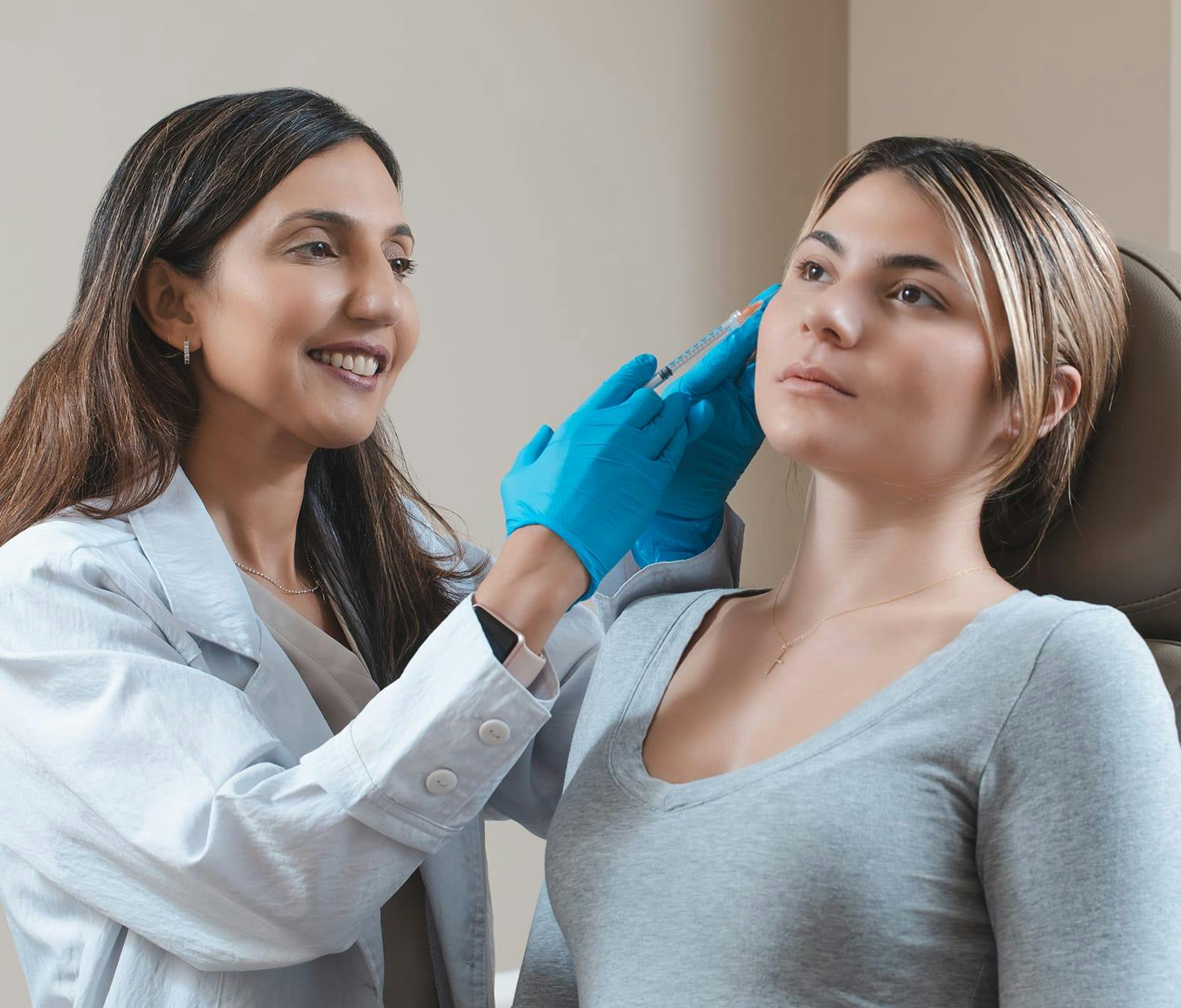Acne is a very common condition. It affects about 75%—or roughly three out of four people—ranging in age from 11 to 30 years old. It can appear in a wide variety of places on the body but is most commonly found in places like the face, back, chest, and arms.
Customizing Your Treatment
Acne can take a wide variety of forms and can impact your skin in a number of different ways. Thankfully, we have just as many treatment options and medication offerings that can target the different types of acne, offering you a precision-tailored solution to your acne that is customized directly to you and your needs.
Some patients, for example, may be dealing with a combination of acne types—this may require a combination of treatment modalities to ensure that we’re addressing the issue properly. Here at Certified Dermatology, we’re proud to be offering an impressively wide range of treatment options, giving us the ability to help you find relief from acne, no matter how severe your issues may be. Ready to learn more? Reach out and set up your initial appointment with a member of our team today.
